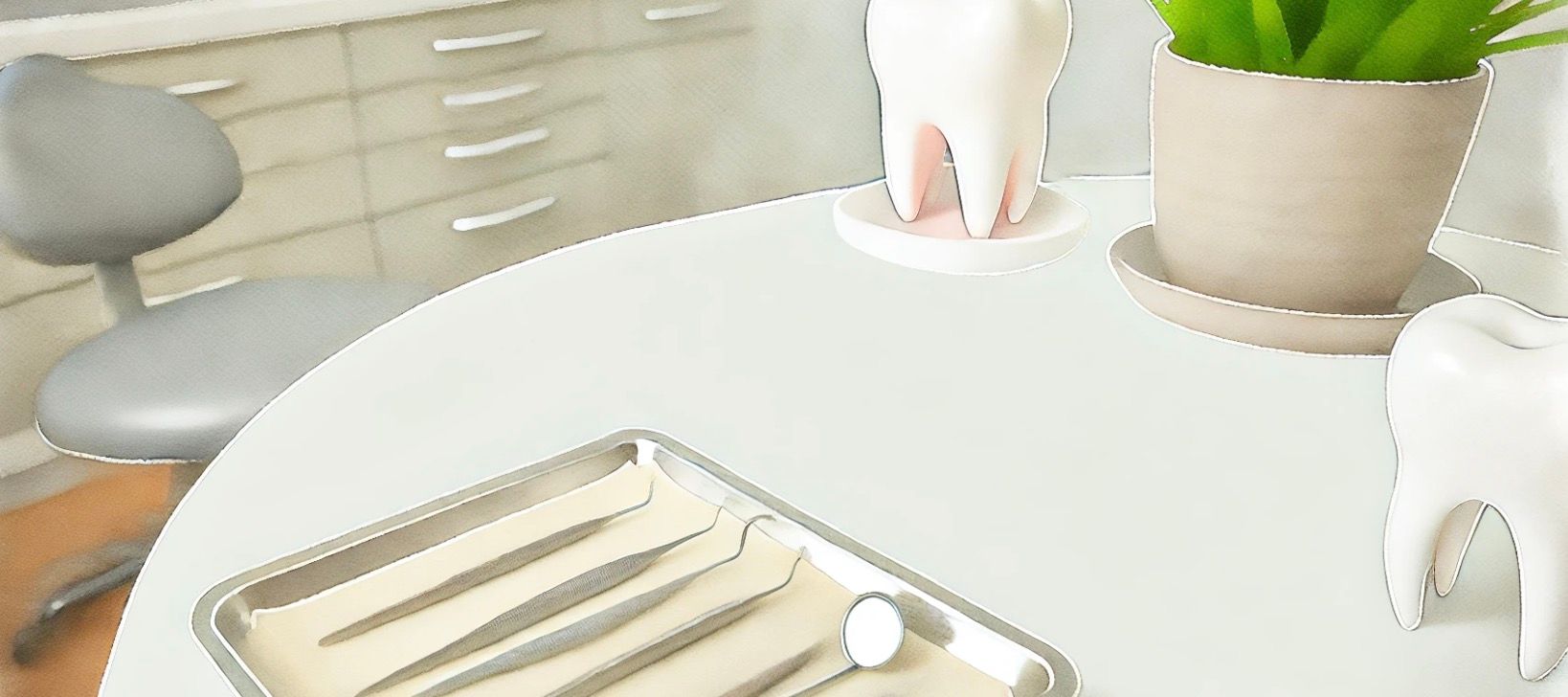
To Floss Or Not To Floss
Patrick McGann
DDS
Flossing cleans areas brushing can’t reach, helping prevent cavities and gum disease. Dentists recommend it for a reason—your oral health depends on it!
October 10, 2024
Flossing. We all know we should do it but none of us like to. “It’s messy, it makes my gums bleed, and it takes too long” are common objections. And now with a recent report coming out that flossing hasn’t been proven to do any good, for some of us that’s all we need for an excuse to give it up completely.
But what did these studies actually say? Basically that no conclusive study has been done that proves that flossing is beneficial to oral health. That may seem a bit surprising since dental floss has been around since 1874. I believe that there are two reasons for this: common sense and ethics.
Each tooth has five surfaces: the chewing surface, cheek/lip side, tongue side, and two sides that contact adjacent teeth (front and back). Brushing effectively cleans three of these five surfaces. That’s 60%. Add flossing and you clean the other two. That’s 100%. For an analogy: what if you had a dishwasher that only cleaned 60% of each plate, fork, glass, etc.? Would that be acceptable? Common sense tells us “no” whether it’s our dishes or our teeth.
We all know that seat belts save lives, and studies have been done on crash-test dummies to show the benefits of wearing one. But what about studies in the real world? Why hasn’t anyone conducted a study where half of a group of people wears a seat belt all the time and the other half is required to drive around without wearing one. Then when they get in accidents we can see which group suffers the most significant injuries. A study like this has never been done because it would be unethical. In a less dramatic sense, conducting a similar study on flossing/not flossing could be considered unethical too. Thus for real-world results we rely on the observations of professionals. Ask any police officer or EMT whether seat belts save lives and you’ll get an unequivocal “yes;” ask any dental professional whether flossing helps prevent cavities and gum disease and you’ll get a unanimous “yes” as well.
Ultimately the decision is yours, we just make recommendations, but those recommendations are made to give you the best chance for a healthy set of teeth for life. Remember, we’re on the same team. And as a final thought: whether you decide to floss or skip it, we can always tell.
